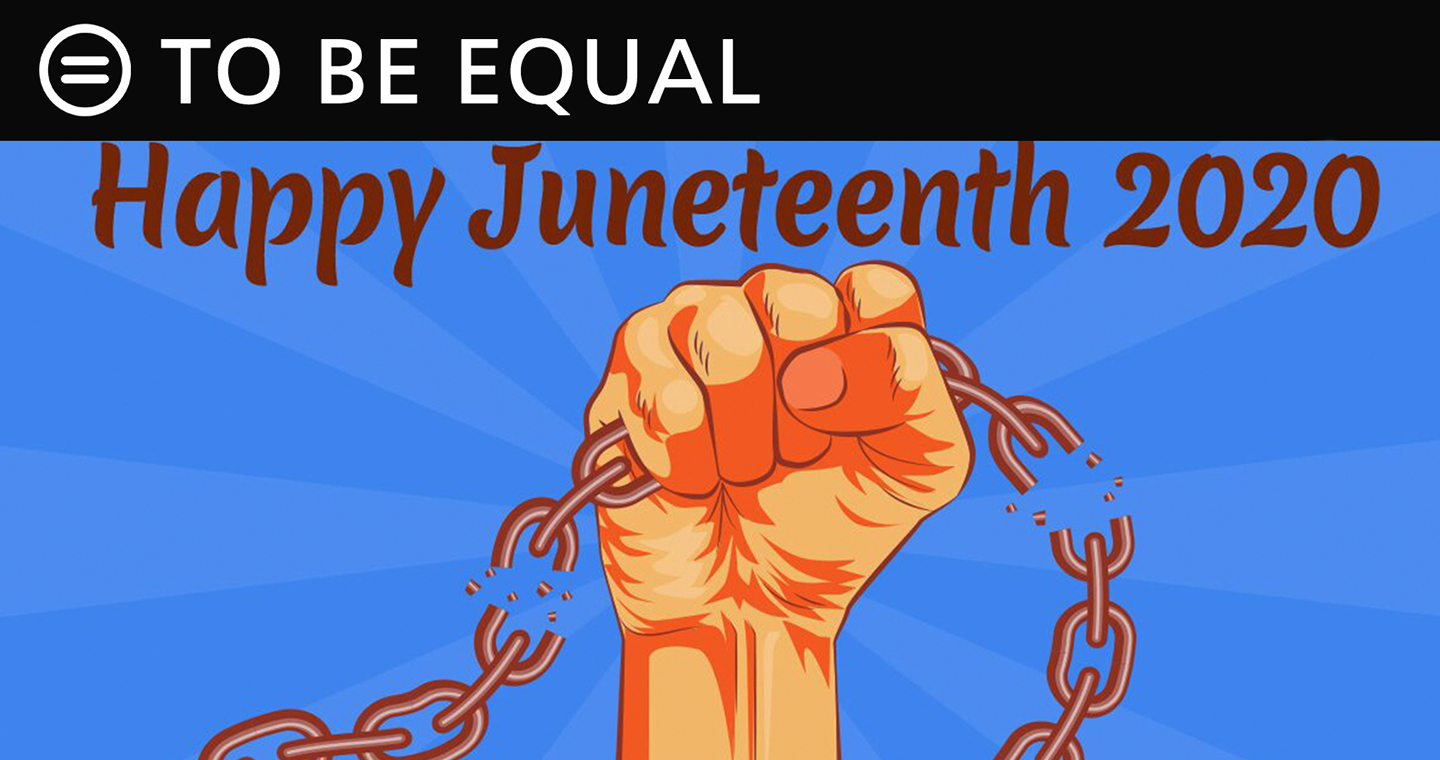On Juneteenth, Honor the Memory of Those Who Have Lost Their Lives to Racial Violence

Marc H. Morial
President and CEO
National Urban League
"The people of Texas are informed that in accordance with a Proclamation from the Executive of the United States, all slaves are free. This involves an absolute equality of rights and rights of property between former masters and slaves, and the connection heretofore existing between them becomes that between employer and free laborer." - General Order No. 3 as read by Maj. Gen. Gordon Granger, Galveston, Texas, June 19, 1865
Contrary to recent claims by President Trump, the holiday of Juneteenth was quite well known before this year.
It’s true that most people don’t learn about Juneteenth in school. Currently, only Texas recognizes it as a state holiday. But most major cities have held Juneteenth celebrations for decades. The popular ABC sitcom Black-ish brought Juneteenth into the mainstream of pop culture in 2017 with a widely-celebrated musical episode in the tradition of Schoolhouse Rock.
And it is true that Juneteenth has taken on a special significance this year, and not only because President Trump awkwardly scheduled a campaign rally for the day in Tulsa, the site of the worst incident of racial violence in American history.
On May 31 and June 1, 1921, white mobs incensed at Black financial achievement in the Greenwood District – also known as “Black Wall Street” – rampaged through the neighborhood killing men and burning and looting stores and homes. A 2001 report estimated that as many as 300 people died. About 10,000 Black people were left homeless, and property damage amounted to more than $1.5 million in real estate and $750,000 in personal property (equivalent to $32.25 million in 2019). Their property was never recovered nor were they compensated for it.
The campaign rally was rescheduled.
While the last several weeks have been riven with conflict as demonstrators express anguish over racially-motivated police killings, most of the country seems to be awakening to a greater cultural sensitivity and the need for intense anti-racism activism. Celebration of Juneteenth, a commemoration of the end of legal slavery in America, is part of this awakening.
State workers in New York and Virginia will have the day off, and governors Andrew Cuomo and Ralph Northam want to make the day a state holiday.
Most major corporations, including the NFL, Mastercard, Lyft and Uber, have made the day a paid holiday, as have media companies such as New York Times, The Washington Post and Vox Media have also made Juneteenth a company holiday.
The National Urban League, too, has designated Juneteenth an official paid holiday.
Growing up with parents who were civil rights activists in the late 1960s and early 1970s, my family celebrated Juneteenth, along with Emancipation Day celebrations on Jan. 1 and Watch Night parties on New Year's Eve.
Enthusiasm for Juneteenth seemed to wane after Martin Luther King Day became a federal holiday in 1983. The burgeoning interest in the celebration could be a positive sign, but the symbolism is not a substitute for the efforts that need to be made to reform our policing system, our criminal justice system, and the economic and education inequities in America.
Passing the Justice in Policing Act is one way to honor the memory not only of our enslaved ancestors, but the victims in Tulsa and all those who have lost their lives to racially-motivated violence.
###
25TBE 6/18/20 ▪ 80 Pine Street ▪ New York, NY 10005 ▪ (212) 558-5300
Connect with the National Urban League
Facebook: https://www.facebook.com/NatUrbanLeague
Twitter: https://twitter.com/naturbanleague
Instagram: https://www.instagram.com/naturbanleague
Website: https://www.NUL.org
Newsletter: http://bit.ly/SubscribeNUL
YouTube: http://bit.ly/YTSubNUL

